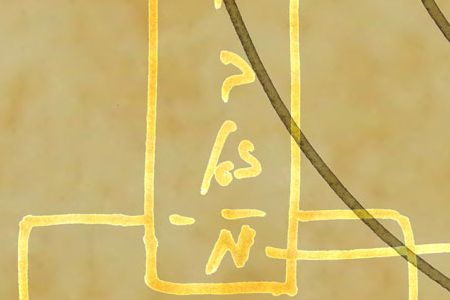What Is the Essence of Kabbalah?
The science of Kabbalah is the order of descent of the Upper Forces directed to the revelation of the Upper Governing Force (the Creator) to a person.
Kabbalah studies the world we can’t feel. A Kabbalist first senses this world, and then takes on the cognition of it. Those who don’t feel the Upper World think that Kabbalah studies something abstract and detached from reality. But it’s the opposite: Kabbalah describes only a real, attainable reality.
Attainment of the Governing Force is gradual and sensed in our feelings, depending on correction of egoism. The Upper Force has to be gradually attained according to the laws established by its descent from above downward.
At the end of its development, the whole of humanity needs to discover and wholly attain the Upper Governing Force. Studying a path of attaining the Creator, Kabbalah explores “the order of descent of the worlds” from above downwards, that is, from the World of Infinity to this world, as well as ”attainment of the Upper Force” from below upwards, by climbing the steps that were formed by the descent of the worlds. [Source: Dr. Michael Laitman, “The Essence of the Science of Kabbalah – A Synopsis“]
Why Is Kabbalah Important?
Question: Why is Kabbalah important?
Answer by Dr. Laitman: Everybody asks this question. There are many things in our lives, some more important, others less important. At every second, importance shifts to different things, like sleeping, playing, eating or running around. How do we find what is most important in life?
What’s most important in life is to feel something unconditional, infinite and almighty, seeing through all the worlds without boundaries between life and death, and fulfilling all of our desires, even those with which we are not yet familiar, such as becoming like the Creator.
There is nothing more exalted. It is the very peak where everything is headed. How, then, do we reach it? How do we achieve a success that is absolute in our present place and time? We can do it through a method called “the wisdom of Kabbalah.”
That is why Kabbalah is important. It is because we place value according to how we benefit. If Kabbalah can help us attain everything, this makes it more important than anything else. [Source: Dr. Michael Laitman, “Everyone Wants to Know Why Kabbalah Is Important”]


